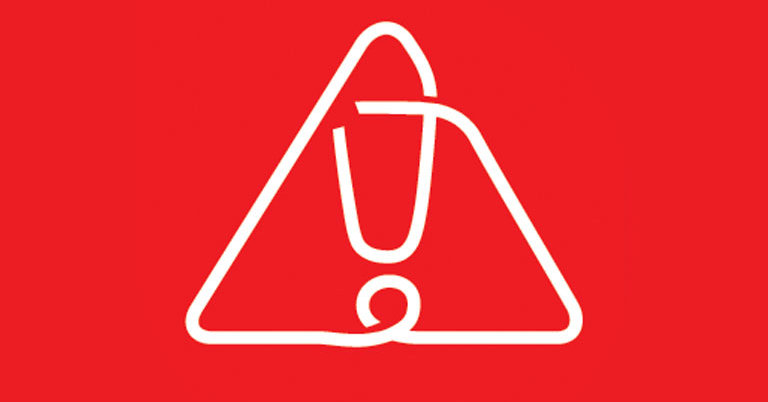While it’s important to wash your hands carefully after handling raw chicken, it may be even more important to wash them after going to the bathroom. The most dangerous antibiotic-resistant strains of E. coli, called ESBLs, are transmitted not through food, according to new research, but through contact of human feces with human mouths.
British researchers examined many strains of ESBL-E. coli in human blood and feces, sewage, farm slurry, live animals, and raw meat, fruits and vegetables.
They found that one multidrug-resistant strain, ST131, responsible for a mortality rate as high as 35 percent in humans, was found in more than 60 percent of human bloodstream infections, but was extremely rare in live animals and nonexistent in foods.
The study, in Lancet Infectious Diseases, concludes that many of the E. coli strains that make people seriously ill come from other humans, not food or animals (though foods can also contain dangerous strains).
The senior author, David M. Livermore, a professor of microbiology at the University of East Anglia, explained that there are some strains of are E. coli that are harmless and just live in your gut. Others cause mild food poisoning. And finally there are the E. coli that are antibiotic resistant and often lead to serious illness and death.
“Good kitchen hygiene remains important,” he said, “but with these antibiotic-resistant E. coli, toilet hygiene becomes vitally important.” For many of the strains that are causing major disease, “food is not the source. It’s humans.”
Source: Read Full Article
